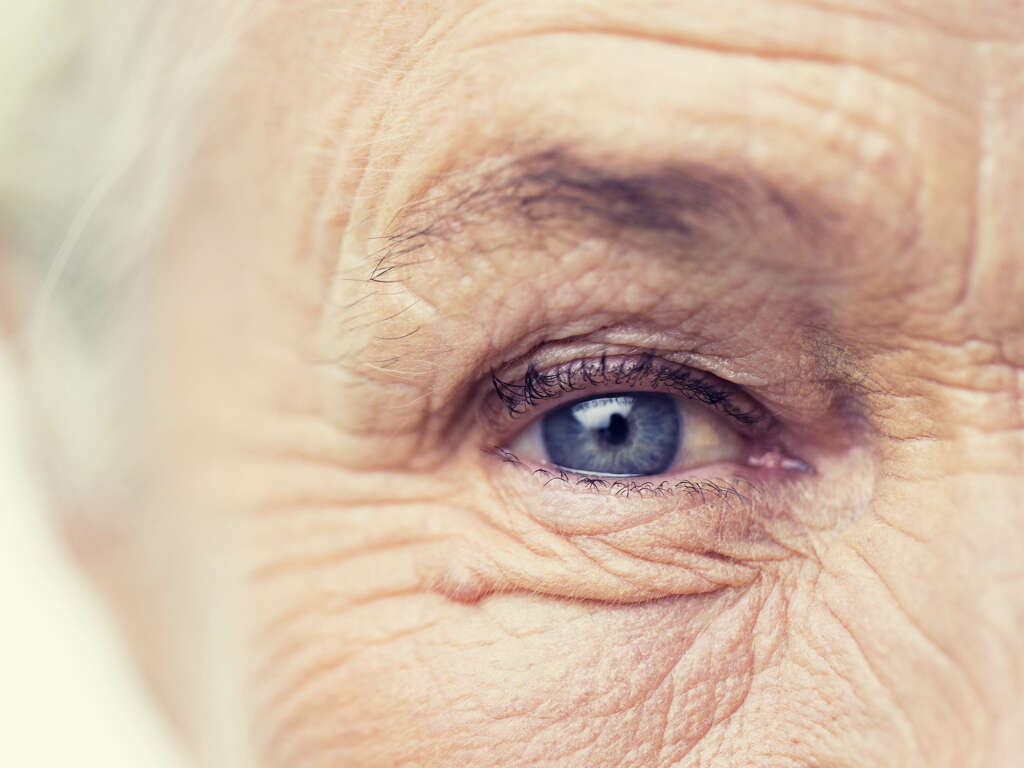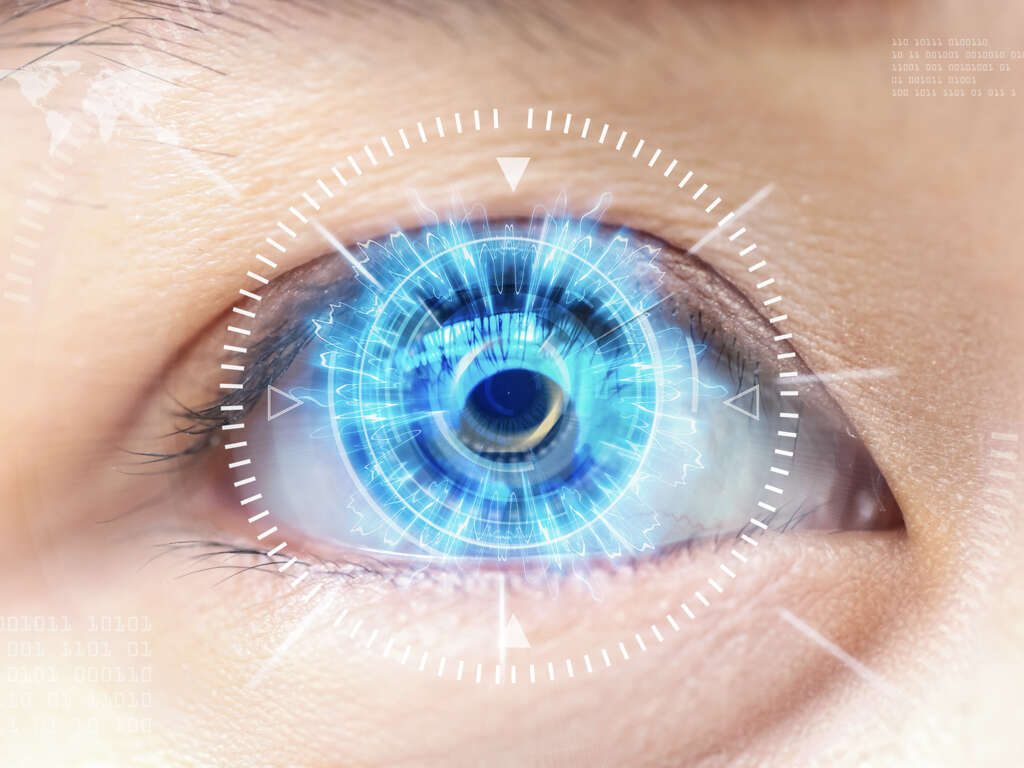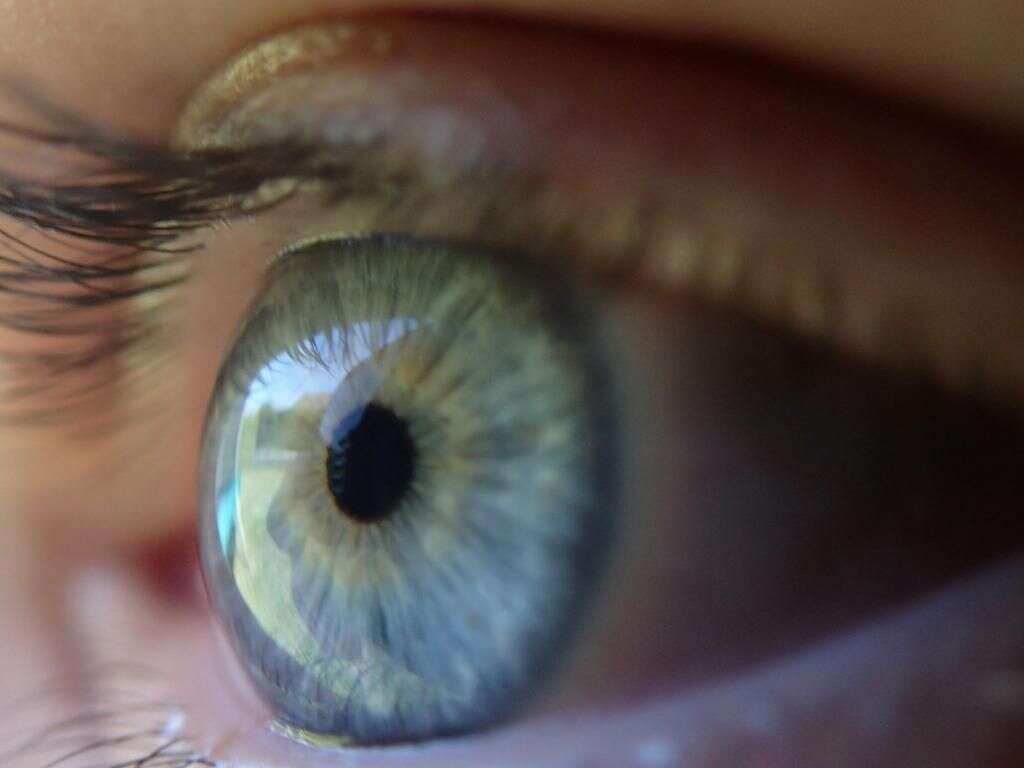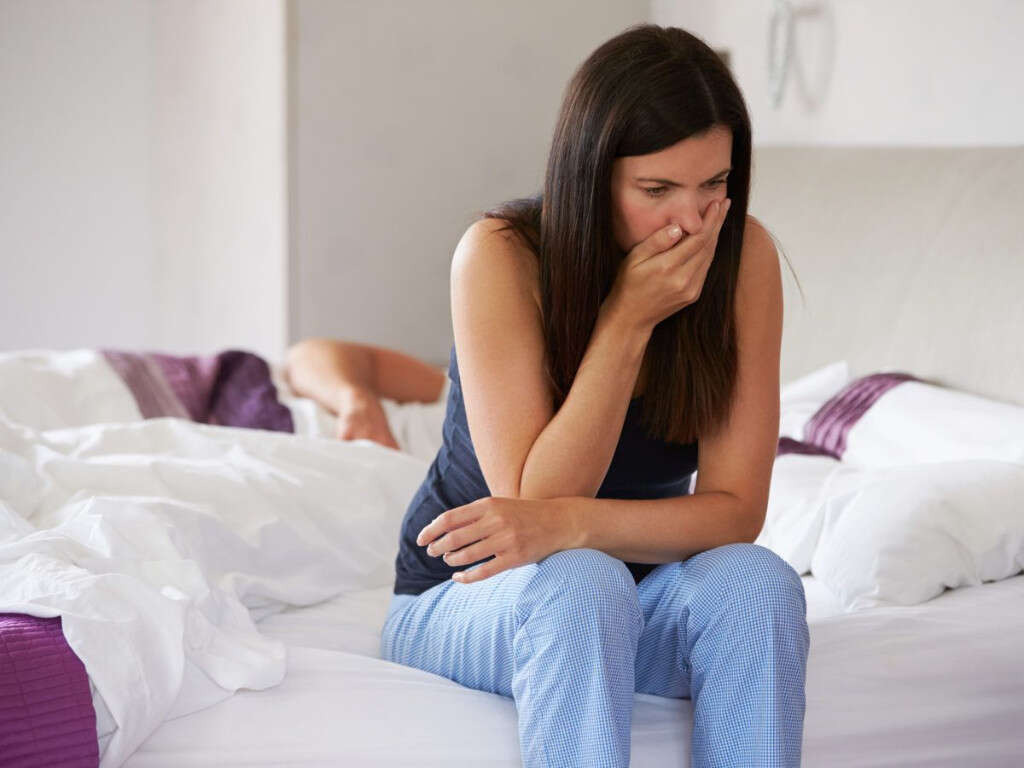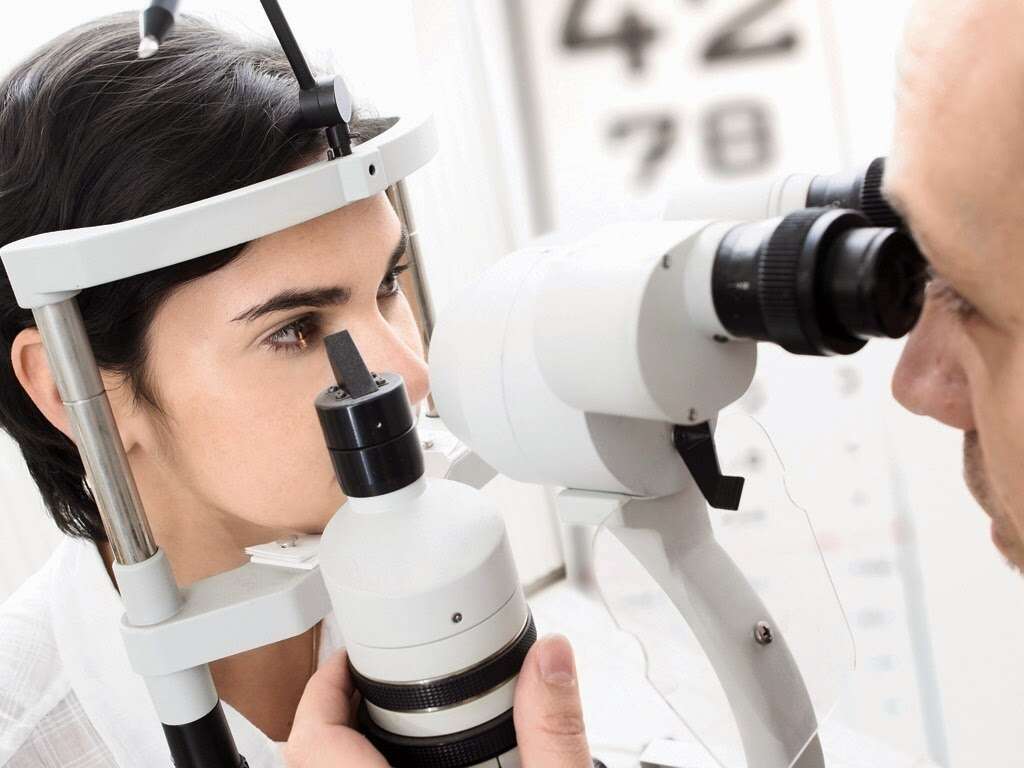10 Nystagmus Symptoms
 Article Sources
Article Sources
- 1. 'Shedding Light on Photophobia.' PubMed Central (PMC), www.ncbi.nlm.nih.gov/pmc/articles/PMC3485070/
- 2. 'Nystagmus.' Johns Hopkins Medicine, Based in Baltimore, Maryland, www.hopkinsmedicine.org/health/conditions-and-diseases/nystagmus
- 3. 'Nystagmus.' RNIB - See Differently, 24 Mar. 2021, www.rnib.org.uk/eye-health/eye-conditions/nystagmus
- 4. 'Nystagmus.' www.aoa.org/healthy-eyes/eye-and-vision-conditions/nystagmus'sso=y
- 5. Huizen, Jennifer. 'Oscillopsia: Causes, Symptoms, and Treatment.' Medical and Health Information, www.medicalnewstoday.com/articles/327484
- 6. Young Woman Presents with Intermittent Diplopia and Nausea. Healio: Medical News, Journals, and Free CME, www.healio.com/news/ophthalmology/20190822/young-woman-presents-with-intermittent-diplopia-and-nausea
- 7. McNamara, Lindsay. 'Nystagmus | Johns Hopkins Vestibular Disorders Center.' Johns Hopkins Medicine, Based in Baltimore, Maryland, 9 Oct. 2019, www.hopkinsmedicine.org/neurology/neurosurgery/centers/clinics/vestibular/conditions/nystagmus.html
Sensitivity to Light
Individuals with nystagmus may experience light sensitivity or photophobia. This occurs when the environment is too bright for the person and causes them discomfort. When it's extreme, the person's vision can be reduced.
Photophobia is related to the connection between the cells in the eyes that detect light and the nerve that connects them to the brain, where the information is processed. The sensitivity may be worsened by certain wavelengths, such as the blue light from phones and computers.
Advertisement




